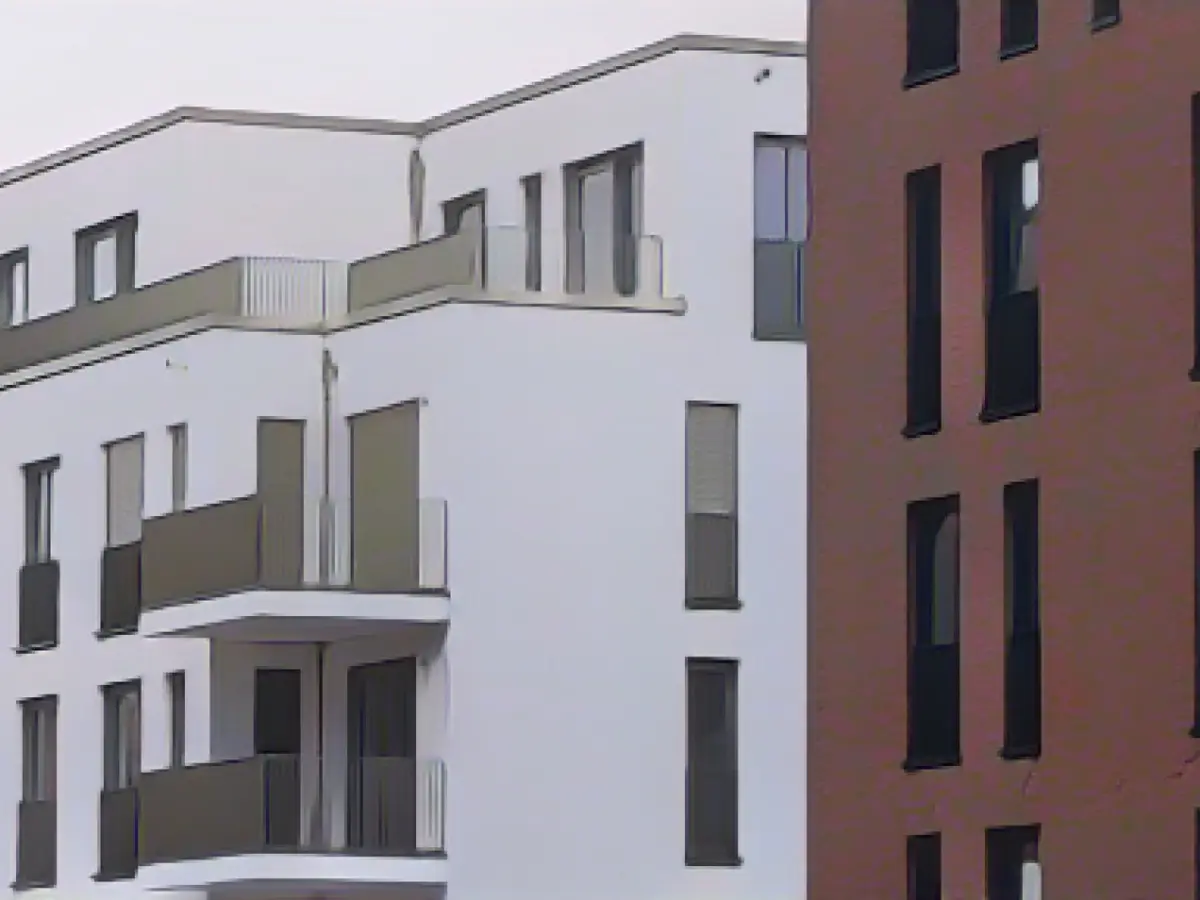Housing woes in the spotlight as trade union and tenants' association cry foul
It's been two years under the German "traffic light" coalition, and housing policy has left the German Trade Union Confederation (DGB) and the Tenants' Association feeling disheartened. They've headed to Berlin with a stern message to the federal and state governments: launch a massive billion-euro housing offensive. Around one third of Germany's 21 million tenant households are currently grappling with housing expenses.
Stefan Körzell, a DGB board member, lamented plainly about two years of federal political apathy in construction policies. He proposed a new start, suggesting preemptive investment of 13 billion euros yearly in a national housing campaign. Local governments would be strengthened, profits from real estate trades redirected.
Lukas Siebenkotten, the German Tenants' Association chief, echoed that sentiment, demanding urgent action. He referred to the coalition agreement, stating a goal of 400,000 apartments annually, 100,000 of which with public subsidy. A meager 25,000 publicly financed apartments have been constructed, and less than 300,000 new residences built overall during the years 2021 and 2022.
Research reveals an impending shortage of more than 700,000 affordable rental apartments in Germany in 2023, indicating the inability to achieve 2025's housing construction objectives. Moreover, the national average rent for advertised existing apartments rose by 4% in 2022, reaching €9.66 per square meter net cold. Prices in large cities climbed even higher, reaching €12.23. Rents for existing tenancies will continue to surge, by 5.5%, between 2020 and 2023.
Employers and employees are both bearing brunt of the housing crisis. The housing unaffordability in major cities restricts hiring opportunities, with employers experiencing a talent shortage in the face of unaffordable rental homes. Alternatively, employees find housing burdensome due to high expenses.
To alleviate this socio-political scandal, Siebenkotten advocated for an immediate rent freeze and an offensive towards affordable housing construction. The rental cost spiral is escalating rapidly.








